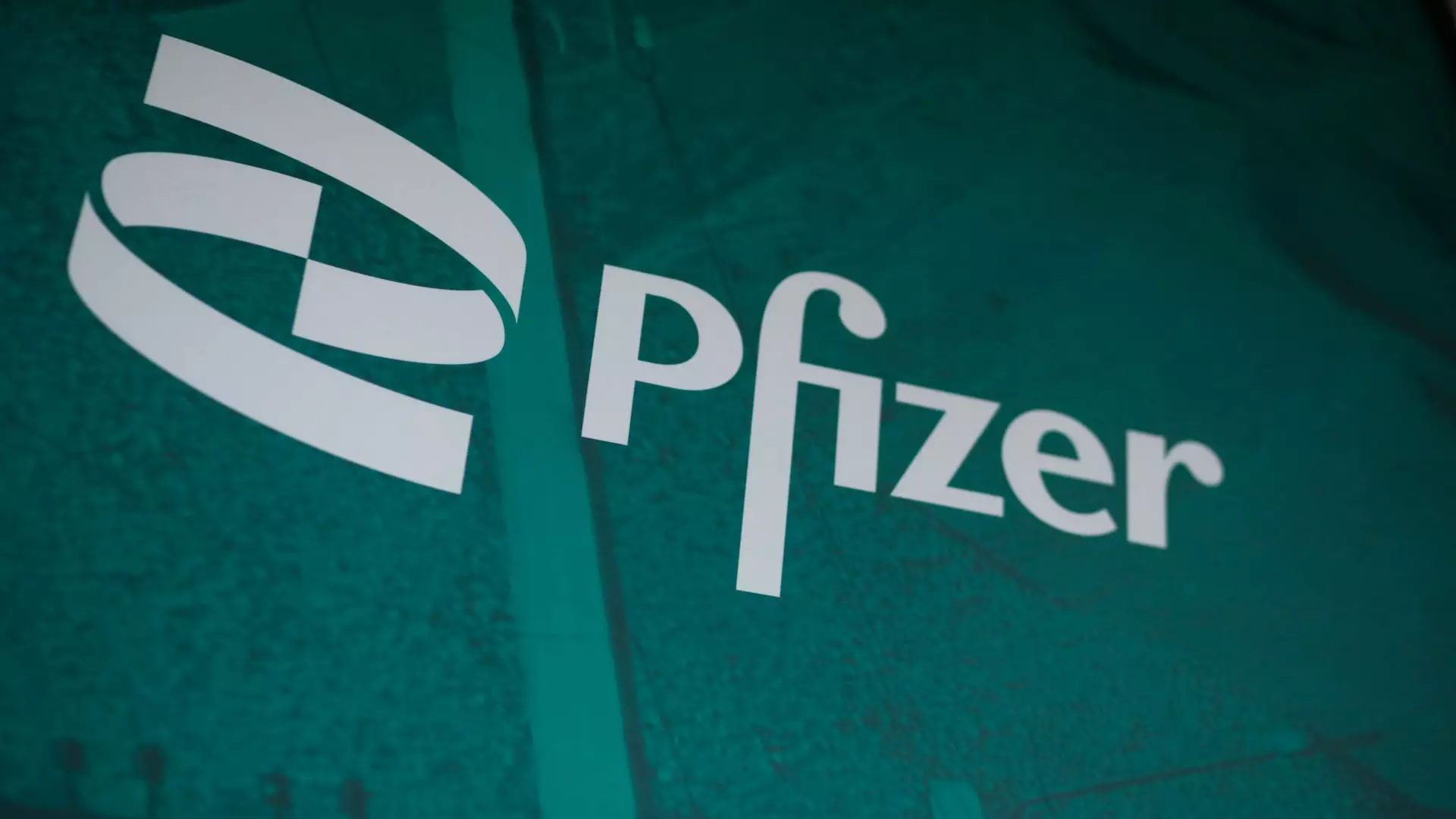Cancer cachexia is an alarming condition that significantly impacts cancer patients, characterized by severe weight loss, muscle wasting, and a marked decline in quality of life. Affecting approximately 9 million individuals globally, cancer cachexia poses a serious threat, with the grim statistic indicating that around 80% of those diagnosed with the condition will succumb to their illness within a year. This multifaceted condition emerges when cancer patients cannot consume adequate nutrition to meet their body’s energy demands. The ensuing loss of fat and muscle leads to debilitating symptoms such as weakness and fatigue, making daily life a strenuous task.
Currently, cancer cachexia is identified by a loss of 5% or more of body weight over six months, coupled with symptoms including fatigue, according to the National Cancer Institute. The implications of this condition can extend beyond physical suffering, as it can interfere with the efficacy of cancer treatments, directly contributing to reduced survival rates. Therefore, addressing cancer cachexia is crucial for enhancing the overall quality of life and treatment success for cancer patients.
In light of these significant challenges, Pfizer has announced promising developments regarding ponsegromab, a monoclonal antibody specifically designed to counteract the symptoms of cancer cachexia. Recent positive findings from a midstage clinical trial have brought renewed hope for countless patients dealing with this debilitating condition. According to Pfizer, individuals with cancer cachexia who received ponsegromab exhibited substantial improvements in body weight, muscle mass, and overall well-being.
The phase two trial included 187 participants suffering from non-small cell lung cancer, pancreatic cancer, or colorectal cancer along with elevated levels of growth differentiation factor 15 (GDF-15)—a protein known to influence appetite and energy balance. After a 12-week treatment regimen, patients administered the highest dose of ponsegromab showed a 5.6% increase in weight compared to those on a placebo. Meanwhile, lower doses yielded increases of 3.5% and 2%, marking meaningful distinctions in weight gain according to expert opinion.
The implications of ponsegromab extend beyond mere numbers: the drug’s potential to enhance physical function and quality of life is significant. Charlotte Allerton, Pfizer’s head of discovery and early development, expressed optimism that ponsegromab could fill a critical gap in the treatment landscape for cachexia, ultimately improving patients’ overall wellness, independence, and ability to withstand further cancer therapies.
The pharmacological design of ponsegromab aims to tackle elevated GDF-15 levels, which are often associated with chronic conditions like cancer. By lowering GDF-15, the expectation is that the drug can stimulate appetite and support weight maintenance or even gain, leading to enhanced vitality for patients.
While excitement surrounds the efficacy of ponsegromab, safety remains a paramount concern in any new treatment regime. Encouragingly, Pfizer has reported no significant side effects linked to the drug, with treatment-related side effects occurring in only 8.9% of the placebo group and 7.7% of those treated with ponsegromab. The positive safety profile is an important consideration for regulators as Pfizer prepares for late-stage development discussions and potential future approval processes.
Looking ahead, there are plans for Pfizer to initiate further trials aimed at obtaining regulatory approval for ponsegromab. The company is not only focusing on its use in cancer patients but is also investigating its application in treating cachexia in heart failure patients, acknowledging the broad spectrum of conditions where cachexia can occur.
The results shared at the European Society for Medical Oncology 2024 Congress and the publication in The New England Journal of Medicine underscore the importance and urgency of addressing cancer cachexia in clinical practice. If successful, ponsegromab could mark a turning point in the therapeutic landscape for this debilitating condition, becoming the first dedicated treatment for cancer cachexia in the U.S.
Pfizer’s promising trial results for ponsegromab herald a potential breakthrough in cancer care. As the pharmaceutical landscape evolves, innovations like ponsegromab underscore the continuous need for targeted approaches in addressing the comprehensive challenges posed by cancer—not just the tumors themselves, but also the myriad symptoms and complications that severely affect patients’ well-being and treatment outcomes.


Leave a Reply